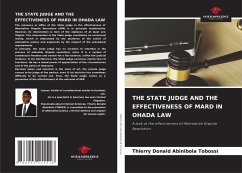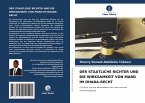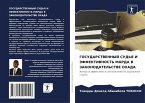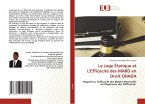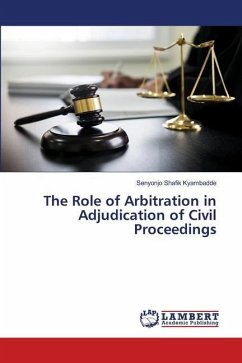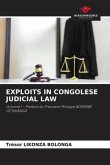The presence or office of the State judge in the effectiveness of Alternative Dispute Resolution (ADR) is in principle inadmissible. However, its intervention is born of the vigilance of at least one litigant. This intervention of the State judge constitutes an occasional reality, which is attenuated by the prudence of the actors of alternative justice and especially by the respect of the procedural requirements.In principle, the state judge has no vocation to interfere in the process of amicable dispute resolution, since it is a system of contractual freedom and search for a fair balance, unlike the judicial instance. In his interference, the State judge exercises mainly two (2) functions. He has a broad power of appreciation of the circumstances and of the policy of measures.Decision taken and returned in the rules of art, the private judge ceases to be judge of the parties, even if, his decision has sometimes difficulty to be carried out. Thus, the State judge comes as a guarantee of the effectiveness of the outcome of ADR.
Bitte wählen Sie Ihr Anliegen aus.
Rechnungen
Retourenschein anfordern
Bestellstatus
Storno

